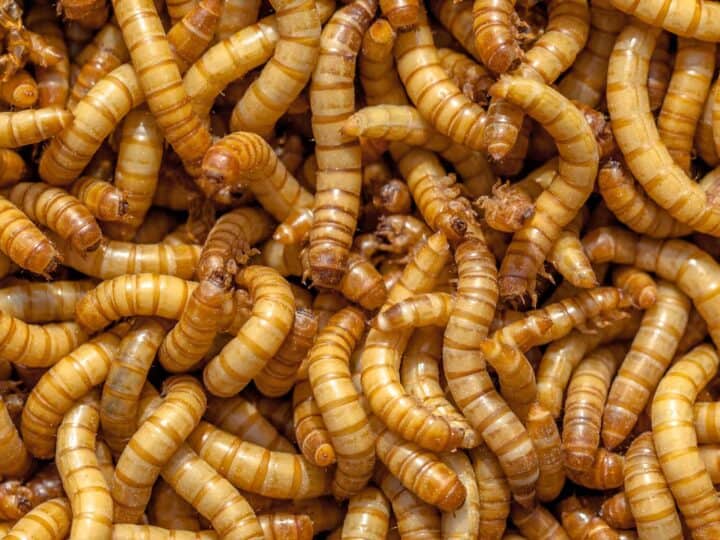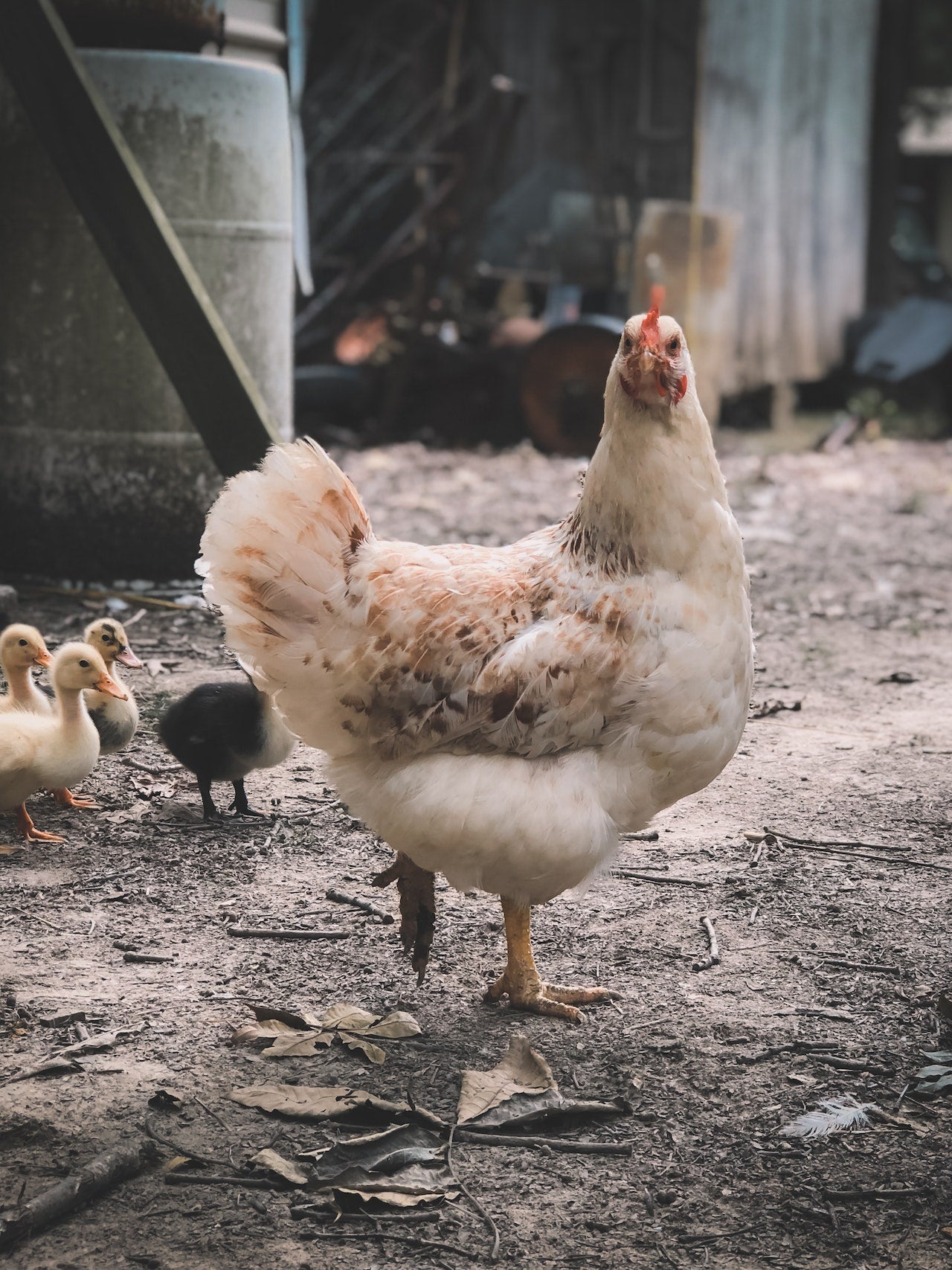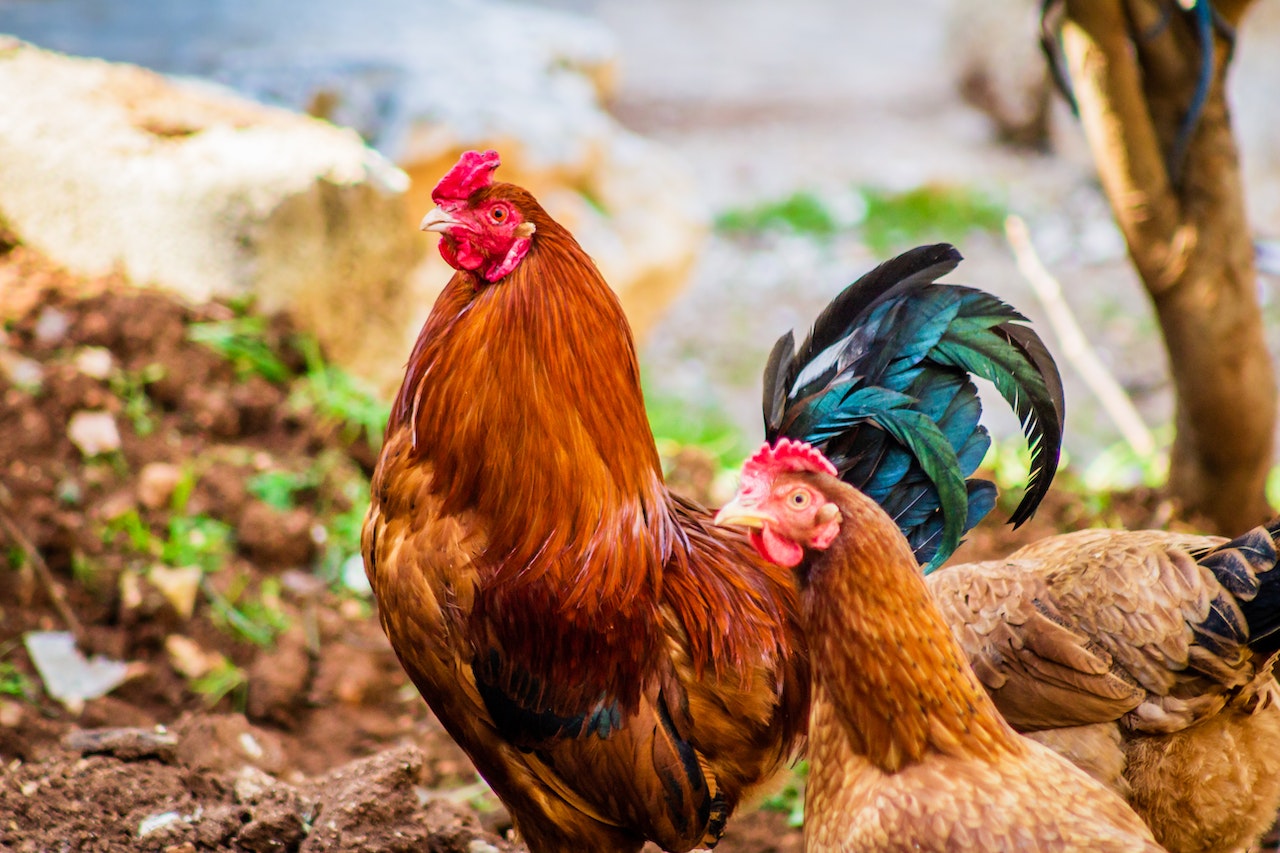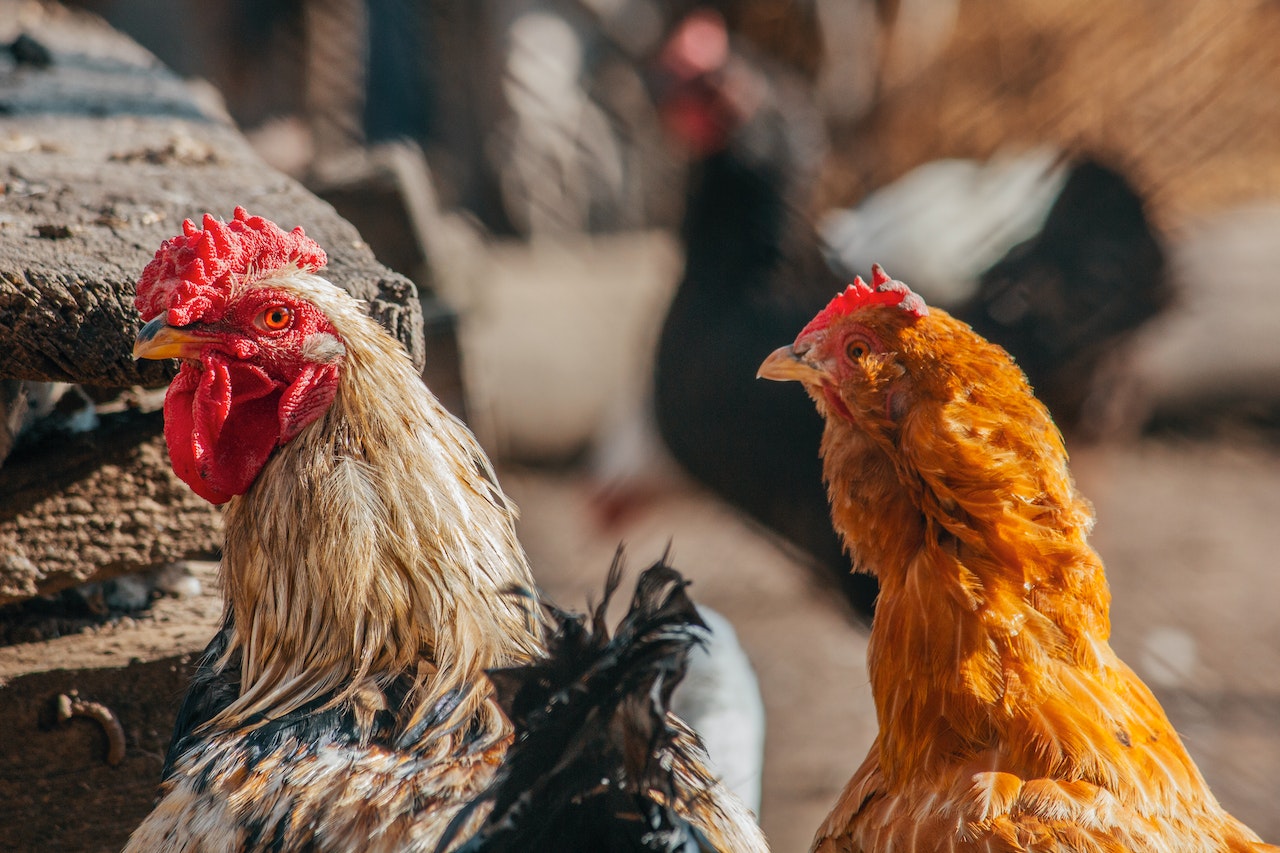
Chickens will eat anything, and they are always in search of food. The majority of hens are fed prepared food pellets or mash. These have all the nutrition they require, natural yolk colorants, and frequently grit as well. Mealworms are just as addicting to poultry as any substance is. For us humans, it's fun to scatter a few handfuls and watch the flock chase after them like tiny dinos.
But do chickens find them to be a nutritious treat?
Can chickens eat mealworms?
Yes, chickens can eat mealworms. Chickens eat both live and dried mealworms can be consumed by chickens. They provide important protein, lipids, and other nutrients to your chickens.

Are Mealworms Good For Chickens?
Mealworms are a favorite food of chickens. My heart would kill for them. But are they a good source of food?
"Mealworm meal can be used successfully as a feed in poultry diets because it is rich in protein, fat, energy, and fatty acids."
Additionally, mealworms are rich in lysine, which aids in calcium absorption and is crucial for the well-being of laying hens in particular, as well as leucine, an amino acid crucial for repairing body tissue.
After stress, like during a predator attack or after molting, their high protein levels make them a viable option.
Mealworms are a treat, so birds should only consume them sometimes. If left to their own devices, they would choose to consume them over their balanced feed, which could result in an unbalanced diet and health issues.
Feed sparingly and only when foods high in protein are recommended.
Health Benefit Of Feeding Chicken Mealworms
Mealworm has lots of health benefits and below is a list of a few of them.
- A Protein Punch
Chickens need protein just like every other living thing does.
For your chickens, mealworms are an excellent source of protein. Their intake of protein will rise if you give them even a few mealworms in addition to their regular food. Mealworms can add a significant portion of the daily protein requirements for laying hens, who typically need roughly 16% of their diet to come from protein, despite feed being able to supply much of that.
- Aid With Molting
In the spring and fall, chickens shed their feathers. They shed some of their feathers throughout the molting process and grow new ones in their stead. To produce new feathers, a lot of extra protein is required. This implies that many chicken keepers are looking for strategies to enhance the quantity of protein in their birds' diets throughout the molting process. Mealworms are a quick and easy way to add a significant amount of protein and will have your chickens looking beautiful once more in no time.
- Enhance egg production
You undoubtedly already know that eggs are primarily composed of protein. One of the best sources of protein available is regarded to be eggs. For healthy eggs, laying chickens need a lot of protein in their diet. Many chicken caretakers claim that after including mealworms in their hens' diets, the flavor of their eggs increased. Some hens may benefit from the extra protein boost provided by mealworms in order to lay more eggs.
Can Baby Chicks Eat Mealworms?
Mealworms can be consumed by young hens as early as one to two weeks of age. In actuality, they are far more healthy than many other snacks due to their high protein content.
Chickens enjoy worms! It is in a chicken's biological nature to appreciate worms because they are present in its habitat in their natural state. Baby chickens can specifically consume red worms and mealworms. Both are excellent sources of protein, but be careful not to overfeed your baby chickens with worms, as this could stress their digestive systems.
Mealworms are nutrient-rich, but because of their stiff skeletons, your baby hens may suffer if they consume them. Despite all the cautions, allow me to highlight some wonderful advantages:
- Supplement for the digestive system: Essential for young, developing poultry and bantam breeds.
- Appropriate digestion is supported with Manna Pro Chick Grit with Probiotics.
- Dietary supplement: without chemical substances or preservatives in its creation.
- Small sized: Insoluble granite that has been crushed to a size suited for raising chickens and bantam breeds.
- More than two weeks old: Give chicks 2 weeks old and older a separate feeder filled with Manna Pro Chick Grit with Probiotics.
Give your chicks grit rather than mealworms. For around two weeks, you can feed them this choice before switching to mealworms. Giving the baby chicks chick grit initially will allow them time to accumulate grit in their gizzards.
You can encourage better digestion by supplying them with mealworms.
Do Chickens Consume Dried Mealworms?
Chickens can eat dried mealworms, but they don't make for the healthiest food for your flock. The high protein and fat content of dried mealworms may cause health issues in your chickens.
With dried mealworms, moderation is crucial to maintaining the health of the chickens. Always give them high-quality dry mealworms when feeding them. There are several locations where low-quality mealworms are sold. These are unhealthy for pets of any kind, including chickens.
Your chickens may experience problems if you feed them mealworms that are either dead and then dried or that have not undergone the proper drying procedures. Dried mealworms are a great boost to their diet when they are molting. They will be able to increase their nutrient stores with the added protein and fat.
How to Feed Chickens Mealworms
When it comes to feeding mealworms to chickens, you have a few alternatives. The method of feeding them is irrelevant.
Here are a few techniques you can try:
- Mealworms are used in the first technique to assist in turning the coop bedding. You can employ the chickens to turn the bedding for you in place of doing it yourself. The chickens will dig through their bedding if you scatter some of it there.
- You may also throw some food on the ground for the hens to start eating. Make sure the space is clean before placing the mealworms there. Remove all trash, food remnants, and bird droppings first.
If not, potentially dangerous bacteria and bugs could adhere to the mealworms and eventually make their way into your chickens.
- Blending mealworms with their layer feeds is the last technique. They will consume both their feeds and the mealworms simultaneously in this manner.
Any of the aforementioned techniques may be used with dried or live mealworms.
How Many Mealworms Should I Give My Chickens?
Mealworms are dangerous for chickens to consume in large quantities because of their high-fat content.
So, on any given day, you shouldn't give them more than 4 dry mealworms. If using live mealworms, no more than 10 should be consumed daily.
Feeding mealworms to your chickens in the morning will help them digest them easily. They will go hungry if you feed them at night (not a good idea!). If you have bantam chickens, feed them only once or twice a week. Otherwise, feed your hens mealworms three times a week.
The birds' health will suffer greatly if they are fed an excessive amount of mealworms. Obesity, kidney-related problems, and fatty liver disease are a few of the causes.
Conclusion
It is good to feed your chickens mealworms, which are a terrific source of protein; Mealworms are a good source of protein and other nutrients that are good for chicken health, but they should only be given to them rarely.
A great treat for chickens is mealworms. Mealworm snacks and commercial meals are two options.



